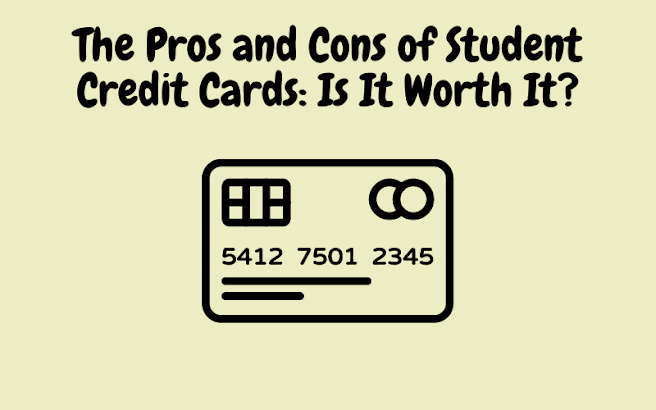5 Factors Influencing Your Credit Card Limit
Credit cards have become a valuable tool for managing finances, offering convenience and flexibility. However, understanding the factors that influence your credit card limit is crucial for making informed financial decisions. In this article, we will explore five key factors that affect your credit card limit and how they can impact your financial well-being.

Credit Score and History
Your credit score and history play a vital role in determining your credit card limit. Lenders assess your creditworthiness based on factors like payment history, outstanding debts, and credit utilization.
A higher credit score and positive credit
history indicate responsible financial behavior, increasing your chances of
getting a higher credit limit. Monitoring your credit report regularly and
maintaining a good credit score can help improve your credit card limit.
Income and Employment Stability
Your income level and employment stability also influence your credit card limit. Lenders consider your income to determine your ability to repay debts. Higher-income generally results in a higher credit limit since it shows you can handle larger credit obligations.
Additionally, lenders value employment
stability as it reduces the risk of default. A steady job and higher income can
positively impact your credit card limit.
Existing Debt and Financial Obligations
Lenders evaluate your existing debt and financial obligations when deciding your credit card limit. If you have significant outstanding debts or high credit card balances, it may limit the amount of credit you can get. Lenders look at your debt-to-income ratio, which compares your monthly debt payments to your income.
Lower debt levels and manageable financial
obligations demonstrate your ability to handle additional credit, potentially
resulting in a higher credit card limit.
Relationship with the Lender
Your relationship with the credit card issuer can also influence your credit card limit. Being a long-standing customer with a good payment history may lead to a higher credit limit.
Maintaining a positive relationship, making
timely payments, and responsibly managing your credit can improve your chances
of receiving a credit limit increase. Regularly reviewing your credit card
terms and communicating with your issuer can help you understand available
options.
Economic Factors and Card Type
Economic conditions and the type of credit card you choose can also impact your credit limit. During uncertain economic times, lenders may be cautious and tighten their credit standards, resulting in lower credit limits. The type of credit card you select can also affect your limit.
Premium or exclusive credit cards often come
with higher limits, while entry-level or secured credit cards may have lower
limits, especially for individuals with limited credit history or a lower
credit score.
Read More: The Pros and Cons of Student Credit Cards: Is It Worth It?
Conclusion
Understanding the factors that influence your credit card limit is crucial for managing your finances effectively. Specifically, your credit score, income, employment stability, existing debt, and relationship with the lender all play significant roles in determining your credit card limit.
By maintaining a good credit score, managing
your debt responsibly, and building a positive relationship with your credit
card issuer, you can significantly increase your chances of obtaining a higher
credit card limit. It is important to remember that a higher credit limit comes
with the responsibility of using it wisely and making timely repayments to
maintain your financial well-being.



Comments
Post a Comment